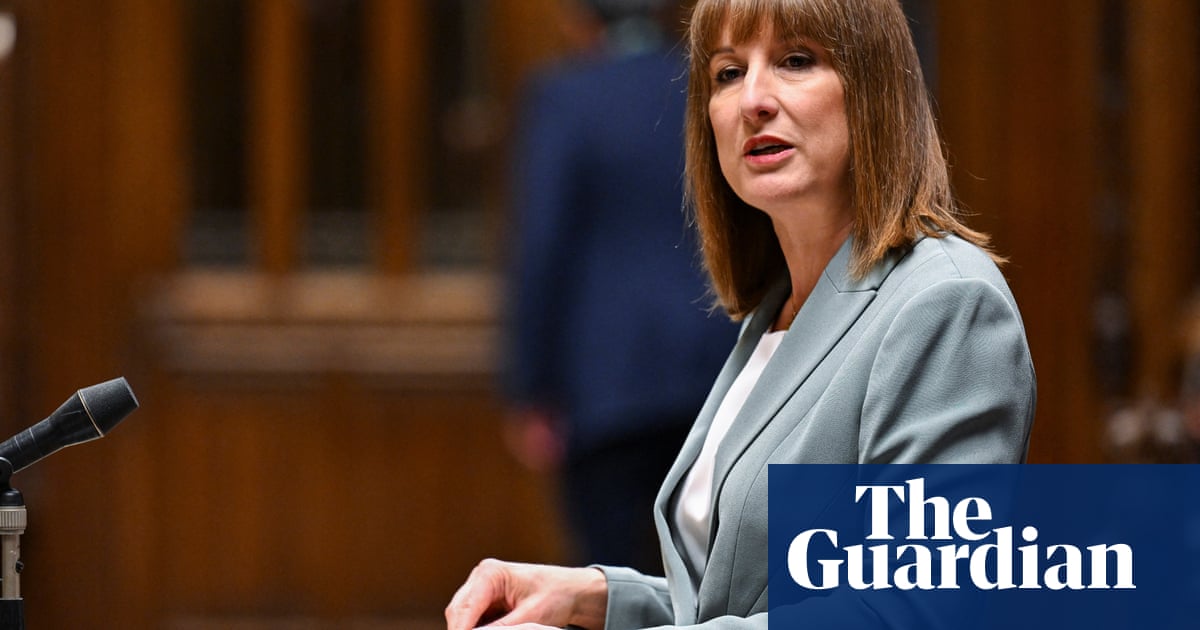The article provides insight into Labour's recent spending review, focusing on significant budget allocations to health, defense, and housing while highlighting potential financial pressures on local government and environmental services. It emphasizes the challenges faced by Rachel Reeves, the shadow chancellor, amidst public scrutiny and internal negotiations.
Political Context and Public Perception
The timing of this announcement is crucial, as Labour has recently faced criticism for its handling of the winter fuel allowance, which might have influenced public perception negatively. This news aims to reshape that narrative by showcasing a commitment to vital sectors like health and defense, which resonate positively with voters. However, it raises questions about the sustainability of funding for local government and environmental services, potentially leading to a perception of neglect for these areas.
Economic Implications
The article suggests that while Labour is making significant investments, the tight budget for other departments may force the party to consider tax increases. This situation could lead to public discontent if citizens perceive a lack of support for essential local services. The financial decisions made now will likely have long-term implications for economic stability and public trust in the Labour party.
Target Audience and Support Base
The messaging in this article appears designed to engage supporters of Labour who prioritize public services and social welfare. By highlighting funding for health and housing, the Labour party is appealing to working-class voters and those concerned with social justice issues. However, the potential neglect of local government services could alienate some constituents who rely on these services.
Market Impact
The focus on health and defense spending could influence specific sectors in the stock market. Companies involved in healthcare, construction, and defense might see a positive impact as government contracts and funding increase. Conversely, firms associated with local government services could face challenges if budget cuts lead to reduced contracts and projects.
Geopolitical Relevance
On a broader scale, the emphasis on defense spending could be significant in the context of global tensions and security concerns. This aligns with current discussions around military readiness and national security, suggesting Labour's commitment to a robust defense posture amid evolving international challenges.
AI Influence in Reporting
While it is unclear if AI was used in crafting this article, language patterns and structured reporting may indicate a level of algorithmic assistance. If AI was involved, it could have shaped the narrative focus and language to align with persuasive communication strategies, emphasizing key points about funding priorities.
In conclusion, the article serves to reposition Labour’s public image amid challenges, potentially leading to deeper discussions about fiscal responsibility and public service funding. The information appears credible but is strategically presented to foster a specific narrative that could influence public opinion and political dynamics.
